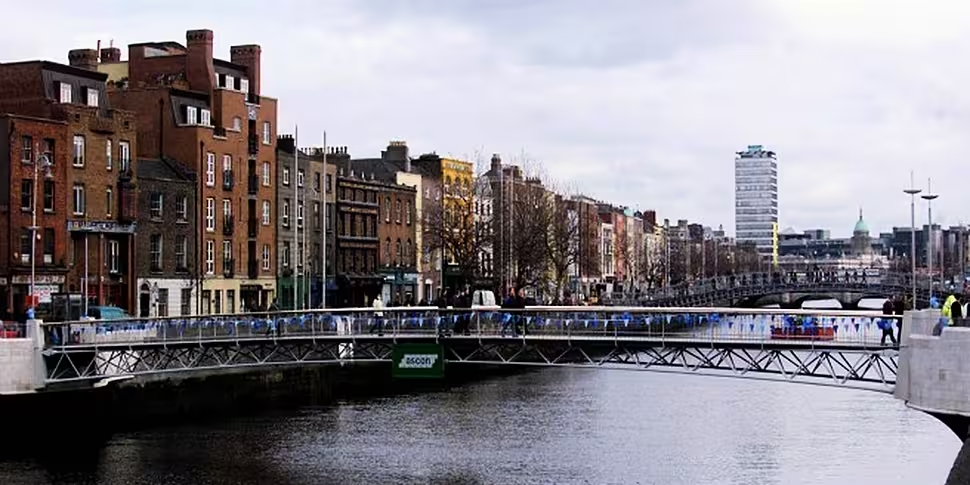Ibec has warned that Dublin's current housing squeeze is "undermining the city's attractiveness" and called for radical reform of building height and density restrictions.
The business group has taken aim at the proposal in the draft Dublin City Development Plan to decrease maximum heights for low-rise inner city residential developments from 28m to 24m and is particularly concerned about a new maximum height of 13m being proposed for these developments in the suburbs.
Ibec argues that it "overrides established global practices" of assessing each site's suitability and the context for development, tying the hands of Dublin City planners and weakening the city's ability to deal with the housing crisis.
Ibec Senior Executive Aidan Sweeney said:
"Dublin City Council area alone now accounts for 12% of the country's population of Ireland, with population growth putting severe strain on the city’s resources. At a time of acute housing and commercial space shortages, it is crazy that tougher and unreasonable height restrictions are being proposed in the current draft plan.
“If passed by Dublin City Council, the new proposals will extend to new areas standards first initiated in the Georgian Quarter 250 years ago.
"The simple fact is that many existing low-rise buildings in the suburbs couldn’t be built today. It demonstrates an unwillingness to deal with density issues facing the city.
"A more sensible approach is needed, which recognises that taller buildings can make a beneficial contribution, besides accommodation, to urban regeneration and their surrounding streetscape and skyline.
“The city is in a global race for investment, capital and talent which is intensifying all the time. The fallout from Brexit demonstrates that investment is mobile.
"Dublin needs to be firmly positioned amongst the world's most liveable cities such as Copenhagen, Amsterdam, Vienna, Sydney and Vancouver in order to attract new business and jobs. Yet, the city is lagging behind when it comes to infrastructure, cost of doing business and our global quality of life ranking.
“The new six-year Dublin City Development Plan must unlock the economic potential of the city. Ireland will benefit because our economy relies heavily on the performance of all our cities. Dublin needs to be more adaptable and capable of responding to the global rise of city regions, mobility of investment and accelerated urbanisation.”
Despite councillors voting on the proposed new restrictions in May, DCC chief executive Owen Keegan is keen for the maximum height for city centre low-rise apartments to be set at 28m (the same as for office blocks) and 16m for suburban apartments.
Minister for Housing, Planning and Local Government Simon Coveney wants councillors to revert to Keegan’s recommendations, which would allow one extra storey on apartment buildings.
In its submission to the council, Dublin Chamber of Commerce also expressed its disappointment with the councillors' decision, saying:
“Ensuring the development potential of the small amount of available land in the city centre is maximised is crucial to addressing the current housing crisis facing Dublin and to meeting the future needs of a city that is forecast to grow significantly.”









